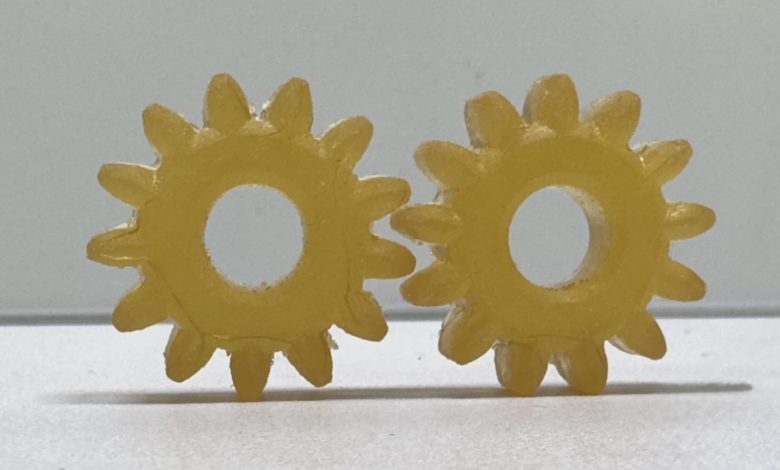Julius Adeyera, a manufacturing engineer at Georgia Southern University, is leading research on converting vegetable oils into biobased resins that can be used in 3D printing. This initiative targets sustainability within the manufacturing sector.
The new resins are derived from oils such as soybean, linseed, and tung oil, which are compatible with 3D printers that operate at a wavelength of 405nm. These resins aim to meet the requirements for strength and durability typically associated with petroleum-based materials.
In applications where high thermal and mechanical properties are essential, these biobased alternatives can replace traditional petroleum-derived resins. The materials are characterized by their ability to form dense polymer matrices, offering benefits such as reduced shrinkage and heat resistance.
The process involves chemically converting vegetable oils into acrylates, which are then polymerized using UV light. This method allows for the creation of shapes that are suitable for specific industrial uses.
Adeyera’s research includes work on adapting tung oil for binder jet 3D printing. By altering the chemical properties of tung oil, he and his team developed a biobased material that can serve as an alternative to synthetic binders. This research indicates that vegetable oils have potential applications across various additive manufacturing processes.







